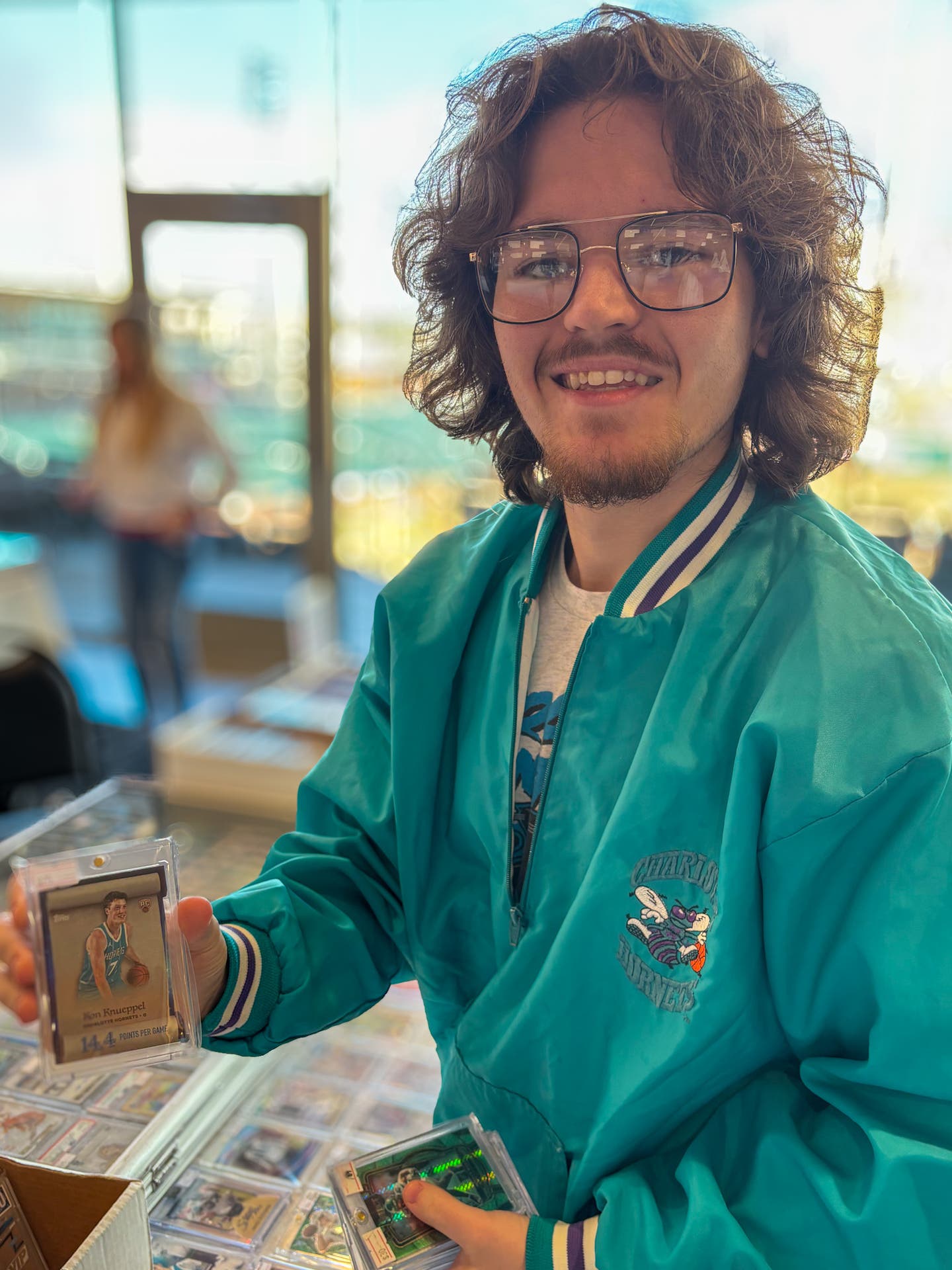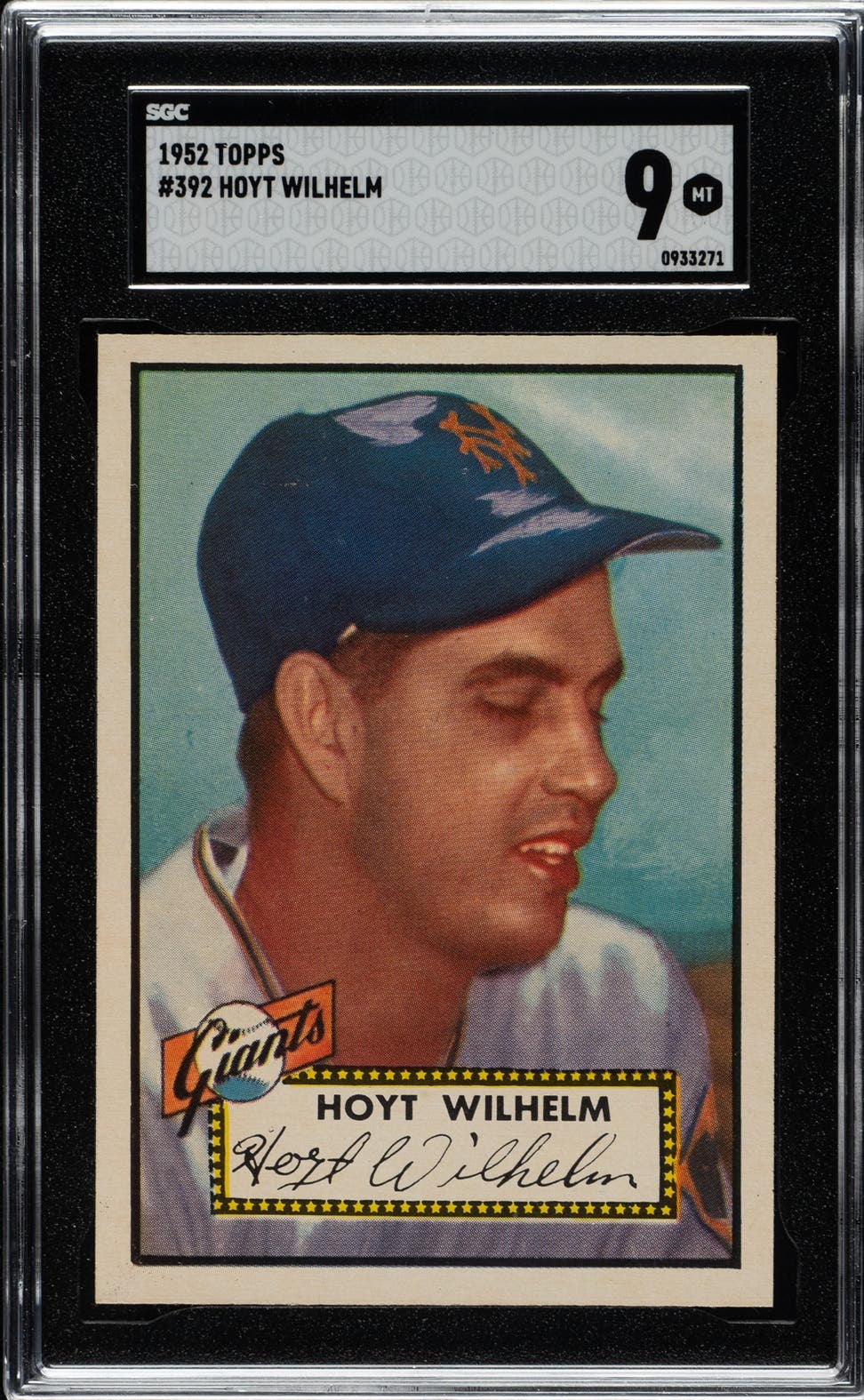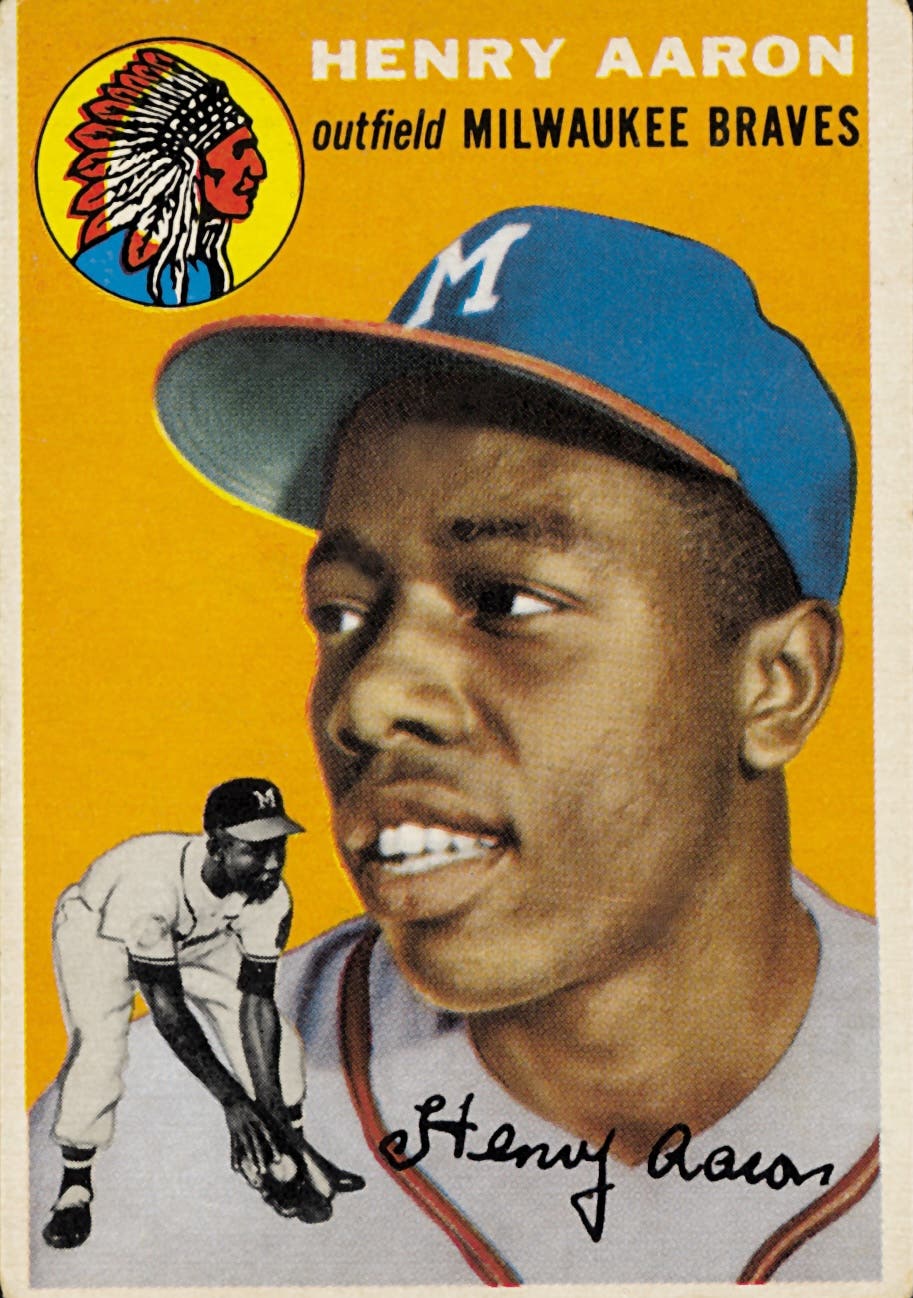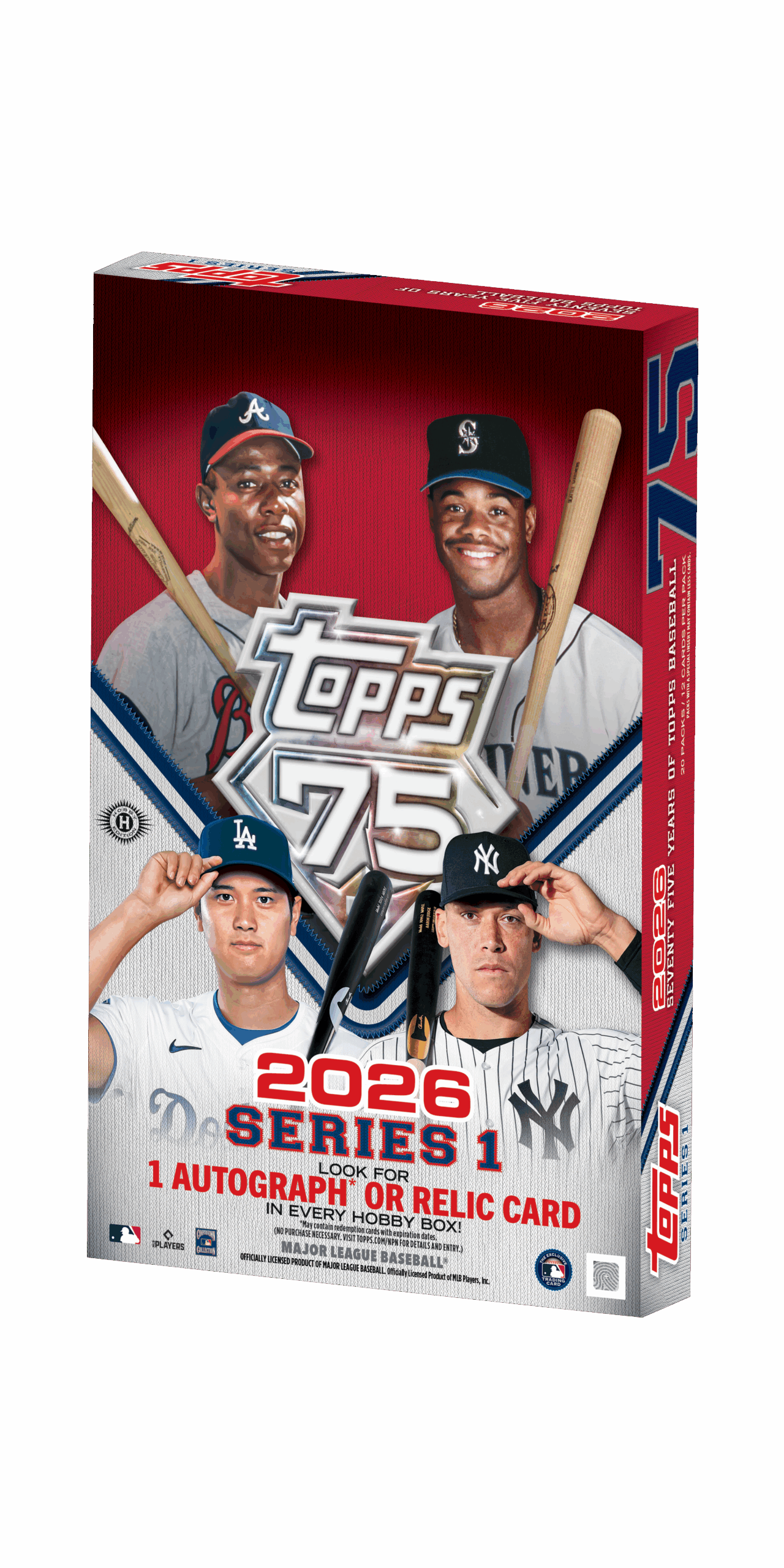News
Baseball in Japan: A slightly different game
Kelvin Torve arrived at the airport in Japan after the long flight from the States and was met with flowers and reporters. He was the new first baseman for the Orix BlueWave. This was when Japanese players were not going to America, so little did Torve know that he would be teaming with three future Major League Baseball players, including a sure Hall of Famer. “I thought he could play,” Torve said of one of those teammates, Ichiro Suzuki. “I was thrilled to see him get an opportunity.”
Torve spoke with me recently about playing professional baseball with the BlueWave in Japan. He now coaches American Legion Baseball where he grew up in Rapid City, S.D. Selected by the San Francisco Giants in the second round of the 1981 draft, Torve was a solid hitter who made it to the majors with the Minnesota Twins in 1988 and the New York Mets in 1990 and ‘91. “I was a career minor leaguer with just a couple three short call-ups to the big leagues,” he said. “I was hoping to get to play in Japan.”
Torve’s ship came in at the end of the 1991 season when the BlueWave contacted him in need of a left-handed hitting first baseman. His wife Tonya was up for the adventure as well, and they had a baby daughter at the time. The BlueWave were located by the sea in the city of Kobe. Torve flew to Japan ahead of his family for spring training and received his warm welcome upon arrival.
The BlueWave were part of the Pacific League. Like MLB, Nippon Professional Baseball (NPB) is divided into two leagues, the Central and Pacific. Each consisted of six teams. The other teams in the Pacific League at the time were the Seibu Lions, Nippon-Ham Fighters, Chiba Lotte Marines, Fukuoka Daiei Hawks, and Kintetsu Buffaloes (the BlueWave would merge with the Buffaloes in 2005 to form the Orix Buffaloes).
The ace of the Kintetsu staff had an unusual corkscrew windup and was called “Tornado.” His name was Hideo Nomo. Torve called him “just nasty.”
“I got one hit in two years off that guy,” Torve said. “He owned me.”
However, Torve did pretty well overall in his first season with Orix. He hit .305, the second-highest average in the Pacific League. “At the All-Star break I was hitting .250 and going nowhere,” Torve said. “I just had a really good second half and that allowed me to play another year.
“The second year I just hit the wall, mentally. I got in a rut and just couldn’t get out of it. And so then, my career was over. But, you know, just the overall experience we enjoyed.
Although Torve said “baseball is baseball,” he mentioned a couple of small differences. “As far as some of the strategy in the game, they play differently. They play a lot of small ball. They bunt in the first inning and try to cut off every run possible.
“Not just that, but there were a couple of times when we had veteran pitchers pitching and they were obviously tired and needed to come out. (But) the manager left them in because it would have caused a loss of face to take them out. So that was an adjustment. In the States you just play to win the game. In Japan they play to win the game, but they are also very cognizant of veteran players and the respect they deserve and things like that. So that was quite an adjustment to try to reconcile the desire to win to this other complexity that was added.”
As far as the language barrier, Torve discovered his manager, Shozo Doi, spoke some English, and if needed there was an interpreter available, Hide Sueyoshi (Sueyoshi became Ichiro’s interpreter in Seattle). “It was easy to communicate with my teammates because either Hide was there or a lot of the baseball terms are the same. You could get your point across just by a couple of words and gestures and things like that…
“You can tell that you’re always an outsider. Yet my teammates were very kind to me and I enjoyed them.”
One of those teammates was a future All-Star relief pitcher for the Seattle Mariners, Shigetoshi Hasegawa.
“He was very intelligent,” Torve said. “I knew he liked the United States and he finally got a chance to play over here, which he’d been wanting to do. You could tell, even though I didn’t speak the same language, that he was very intelligent. He was trying to learn the language and he certainly appreciated American culture.”
A promising rookie on Orix was So Taguchi, who later became a fan favorite in St. Louis and a World Series champion with both the Cardinals and Phillies. Torve was struck by Taguchi’s athleticism. “He was really friendly, and he was really athletic. He played a number of positions. And he was also really young when I was over there. I didn’t get the sense that he had the talent that Ichiro did, but you knew he was going to be pretty good.”
If Torve’s keyword for Hasegawa was “intelligence” and for Taguchi “athleticism,” then for Ichiro it was “talent.”
“I played with him two years, his first two years,” Torve said. “He was fresh out of high school. He still rode his bike to the games. You could tell he was a talent way above and beyond everyone else over there.
“I knew he could play in the big leagues, but back then no Japanese players came to the big leagues. I never dreamed that he would have the chance to come to the States, and I’ll tell you when he did, it was obviously a Hall of Fame career. You could tell he just had a special talent.”
Ichiro was up and down from the minors those first two years, however, and batted only .253 in 95 at-bats and .188 in 64 at-bats. “I’m surprised those stats were that low, because you could tell he was going to be exceptional,” Torve said. “I can’t really pinpoint what stuck out except you just knew that he had it. Stats don’t matter. You can tell when a guy can play and he could play.”
Torve was spot on about that. Ichiro got more playing time the year after Torve left and hit .385. He joined the Mariners in 2001.
So, when it was time to leave Japan, did Torve take much back with him? “I still have a ton of bats from over there and some of my gloves. I’ve got a couple of uniforms left over, but other than that, no. I won Player of the Month for August in 1992, I think it was. I’ve still got that trophy.”
How about mail from Japan? “Very rarely,” Torve said. “I still get autograph requests, but rarely do I get them from Japan. I would say a handful since I left.”
As for Torve’s baseball card collection? Well, it’s the same old story. “Like any other kid my age, I had a ton of baseball cards that were worth a fortune. But my mom threw them out because she got tired of pushing them around, not knowing they’d be worth a fortune.”
I guess that was something harder to predict than Ichiro.








